Independent India’s first President stood for values and ideals for our contemporary politicians have little regard, a tribute on his 138th birth anniversary!
The illiterate and casteist political leadership has ruined the future of over 11 crore Biharis. The Bihari pride is severely dented by the few family-centric, feudal political parties claiming to be the champions of social justice. The state produced the legendary Dr Rajendra Prasad, a role model for the political class and common people alike, but alas, few received inspiration from him. Instead, we have seen the most pathetic leadership in the state.
Rajendra Babu was born in a village in Bihar, but his hard work and brilliance overcame the boundaries of his village. He was a brilliant student, getting his legal degree and later a Doctorate in Law from Calcutta University. He was very successful and had a lucrative legal practice at the Calcutta and Patna High Courts. In his own words “I had a very rich background and belonged to a scholarly family.”
He was drawn early into the non-cooperation movement, became a comrade of Mahatma Gandhi, and was imprisoned for a number of years during the freedom movement. He was President of the Indian National Congress in 1934, 1935, and 1939. A devout person, he had great respect for the ethos and traditions of Hinduism.
Rajendra Babu was a fiercely independent and strong-willed leader. It led to clashes with Pt Nehru on several occasions. The differences started even before the birth of the Indian Republic, with the Hindu Code Bill. Bhimrao Ambedkar presented the draft in October 1947 in the Constituent Assembly and Nehru strongly supported the Bill. They wanted this Bill to be part of the Constitution. Under this, a code for all Hindus was to be created. As the President of the Constituent Assembly, Prasad intervened. He believed religion in society is equally important as anything else and wanted to have a Uniform Civil Code for all Indians.
For the first Presidential election, Patel and the Congress party wanted Rajendra Prasad to be the President. Nehru, at that time, favoured the then Governor General Chakravarthi Rajagopalachari to be the first President of the nation. Rajagopalachari had not participated in the Quit India Movement and hence was not popular with the Congress Party cadre. Patel and Prasad had a strong hold on the organisation, even more than Nehru. The Congress chose Rajendra Prasad as the President of India. The Constituent Assembly elected him as the first President of India unanimously.
In yet another disagreement over the then President of India, Prasad, being invited to inaugurate the Somnath temple, Nehru advised the President “against participating in a significant function which unfortunately has a number of implications.” Prasad ignored Nehru’s advice and added, “I would do the same with a mosque or a church if I were invited.”
The first President’s contributions to the freedom movement and the stabilisation of Indian Democracy were immense. He steered the proceedings of the Constituent Assembly sagaciously and helped the unanimous adoption of the Indian Constitution. Prasad established good democratic traditions during the twelve long years he occupied the Rashtrapati Bhavan. He was a simple, elegant, unostentatious person and conducted himself with humility and dignity. Dr. Rajendra Prasad turned out to be perhaps India’s Great President.
The rise of OBC politics caused the decay of Prasad’s vision of a prosperous Bihar. Lalu Yadav, Nitish Kumar, and a host of caste-based leaders have systematically destroyed Prasad’s state. The false promise of development supplemented with social justice fueled the aspirations of backward classes, and merit was sacrificed which led to the total collapse of the system in the state.
Caste politics created several Robin Hoods of different castes in several districts of Bihar, leading to the largest migration seen in recent times from Bihar to other states. Employment opportunities vanished and the Bihari pride had to take shelter outside the range of the hinterland. It is a different matter that a large portion of Bihari has made success in India and even outside India but the pain of leaving the motherland is felt even today.
The golden age of Bihar was led by Shri Krishna Sinha, also known as Shri Babu, the first chief minister of Bihar (1946-61). Along with Prasad, Sinha is also among the 'Architects of Modern Bihar'. He was known as Bihar Kesari for his lion-like roars when he rose to address the masses.
However, in the Hindi heartland, people do not cast their vote but vote for their caste. Bihar Chief Minister Nitish Kumar is no stranger to this brand of politics. Coming from the lineage of Ram Manohar Lohia, he too has once been a flag-bearer of Mandal. A Kurmi by caste, he stands on the second rung of the OBC ladder. During his previous tenure, he worked strenuously towards empowering the lower classes and appealing to socially privileged voters through his Vikas Purush persona.
The Mandal Commission polarised OBCs; they united politically to achieve their rights. It was in this era that Lalu Prasad Yadav turned into a political hero in Bihar. This became the watershed moment for Bihar. According to Lohia, in India, the basic unit of stratification is caste and not the class. This perverted philosophy crippled Bihar society, with caste trumping merit and a comprehensive institutional collapse of the state’s politics, bureaucracy, judiciary and media. The institutions were poisoned by the caste opium. On top of that, the JP Movement destroyed the education system of Bihar. JP targeted universities and colleges; youngsters disregarded education and indulged in reckless, hoodlum politics.
From an empirical perspective, the condition of backward groups, except for a few political families, has not improved. The bureaucracy opened up for those who were not socially privileged or came from humble backgrounds due to their position in the caste hierarchy. However, according to the bureaucratic representation report released in November 2014; the SCs, STs and OBCs account for less than 10 percent of the Central higher bureaucracy.
But things have improved from a psychological perspective in the political sphere. In the first four to five decades after Independence, the backward classes had little say in the system; the Mandal movement changed that at every level—from the local bodies to state Assemblies and Parliament. However, caste-based policies have had an adverse effect on the quality of governance.
With someone from their own community safeguarding their interests, psychological empowerment was achieved to an extent. But the merit in governance became the causality, an epidemic that ruined the state of Bihar permanently. Here it is important to mention that everyone must get the right to prosper in a flourishing democracy, the poorest of the poor must be given an equal platform by the state to compete in a dignified life.
In Prasad’s words, “In attaining our ideals, our means should be as pure as the end.” So the current generation of native Biharis must have taken a tough call—to imbibe the ideals preached by Prasad. The alternatives are non-meritorious, casteist, corrupt, mafia, and selfish leadership. Now is the time for the people living in Bihar to do serious soul searching whether they want to endure the status quo or opt for change. Rajendra Babu’s legacy can be of great help.







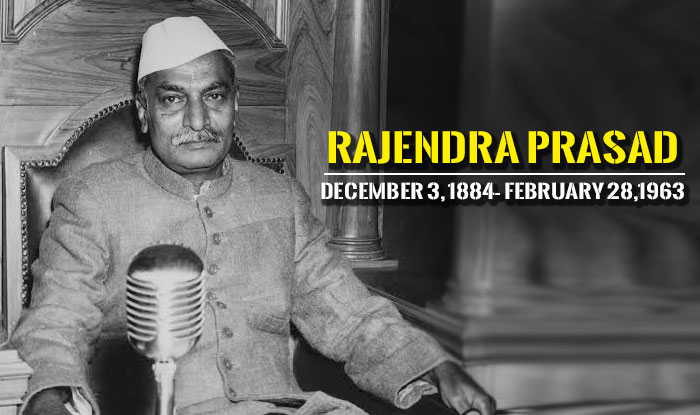
 OpinionExpress.In
OpinionExpress.In
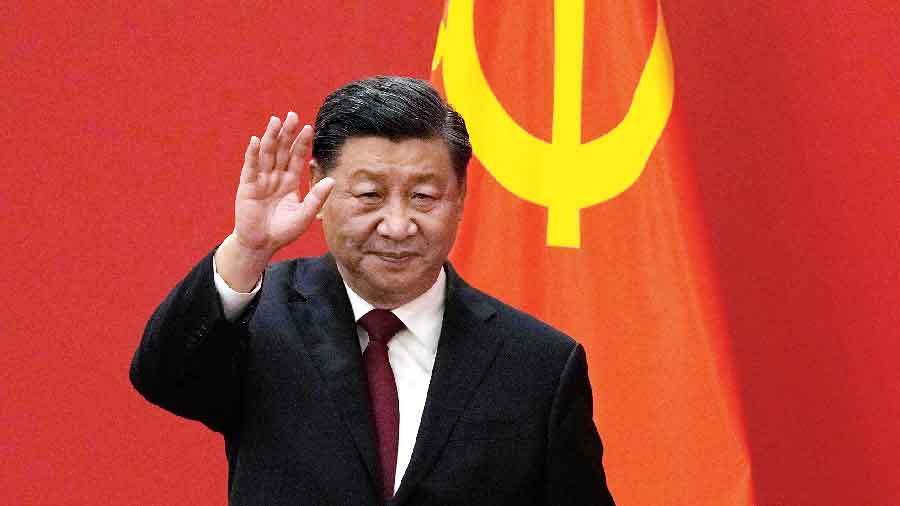

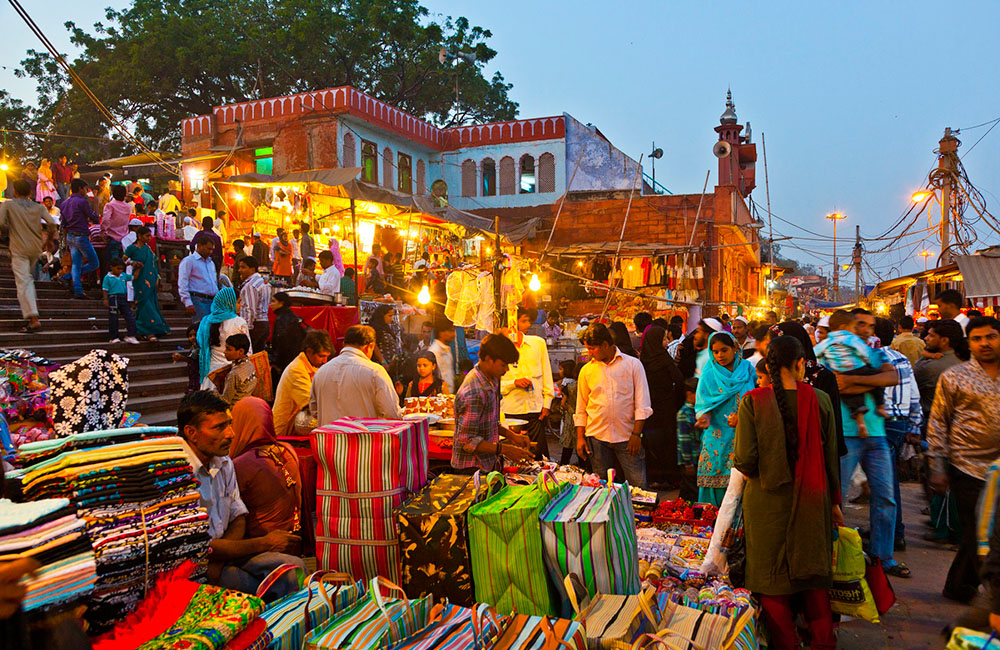
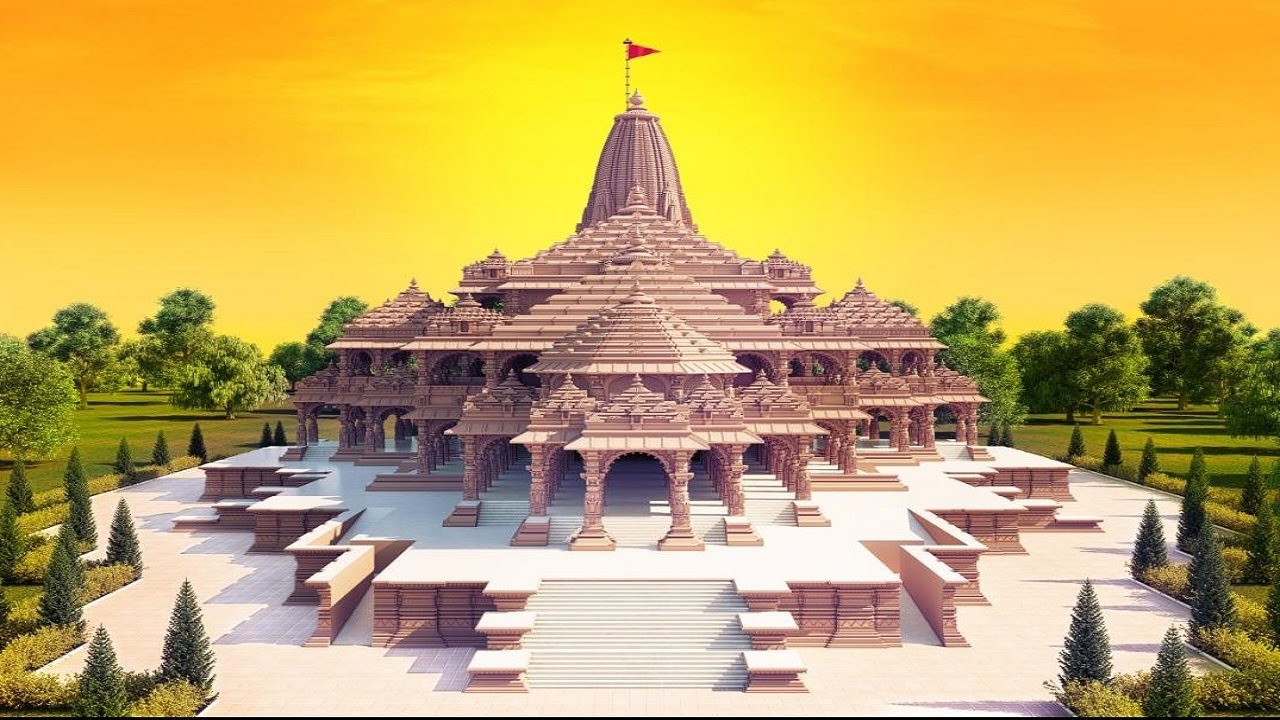
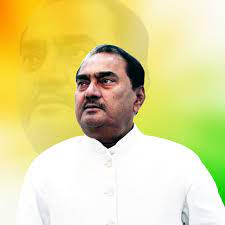
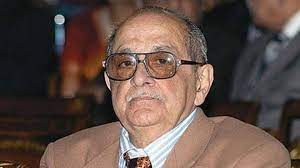
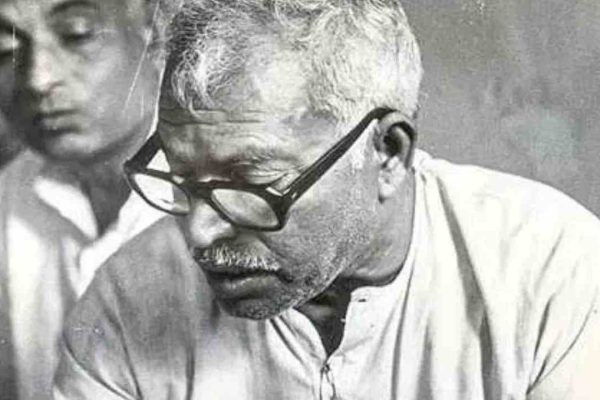
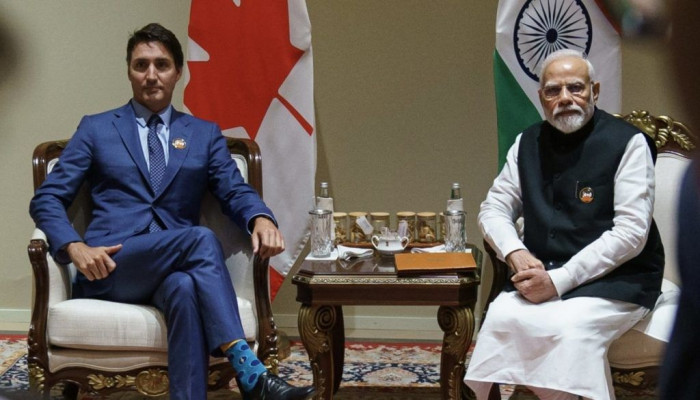







Comments (0)